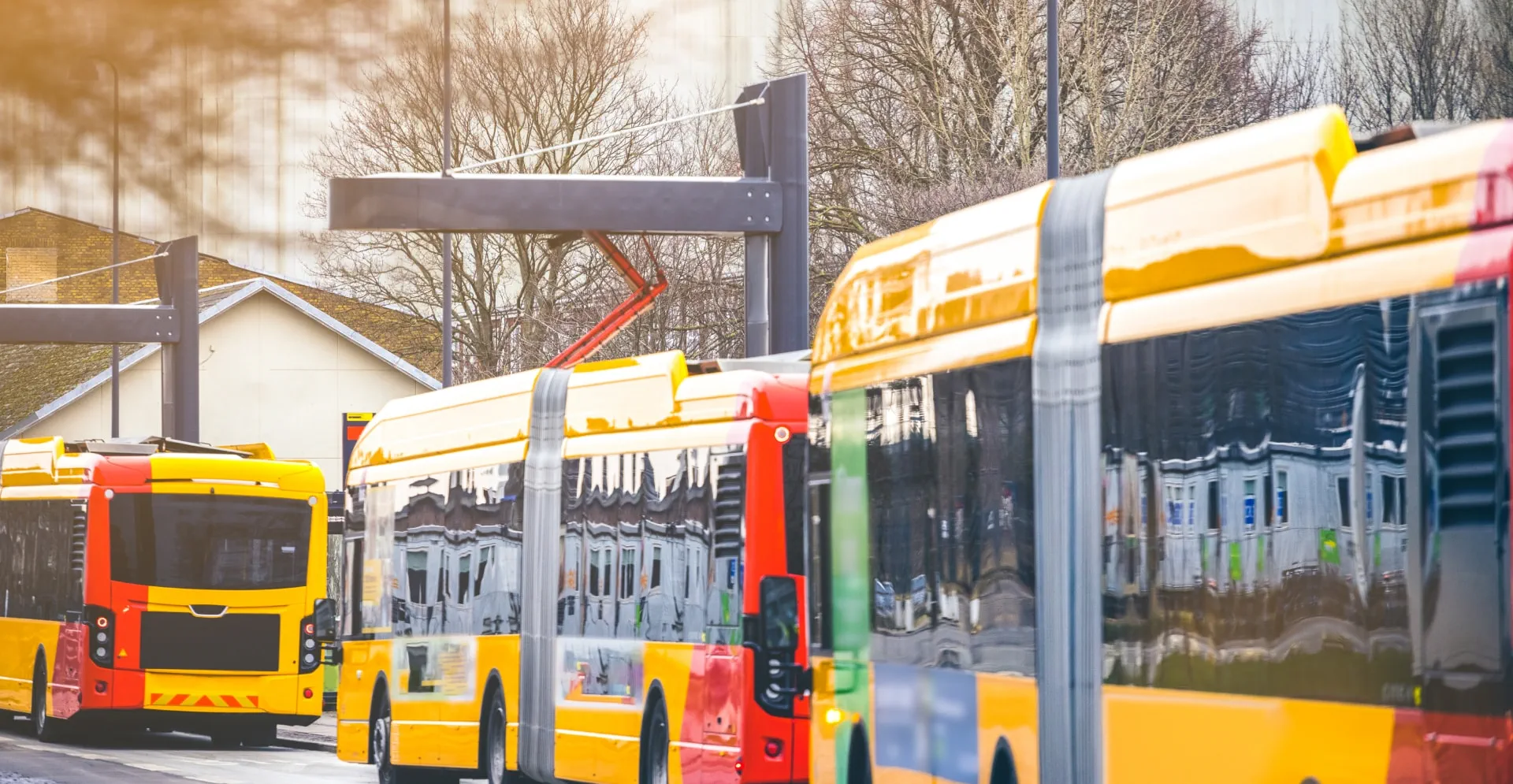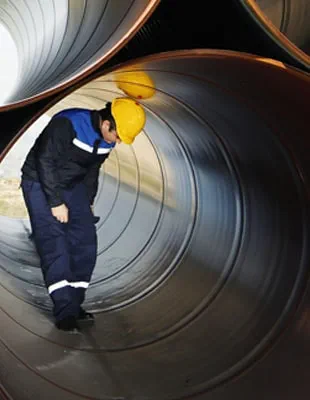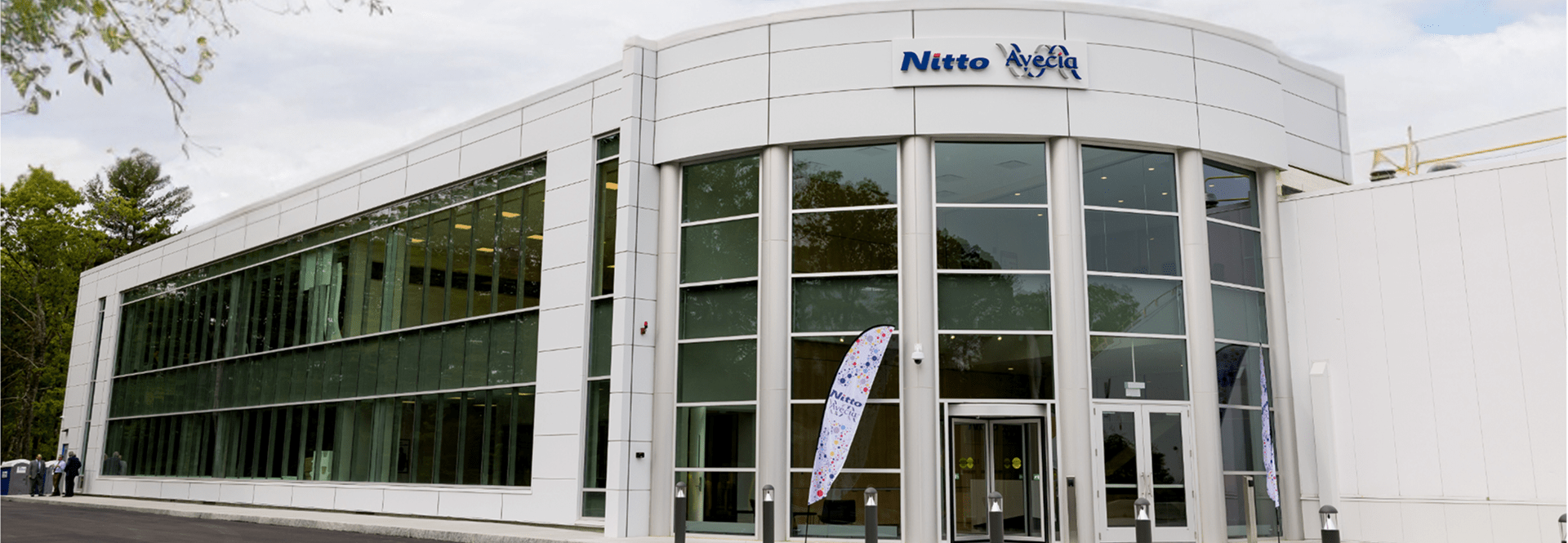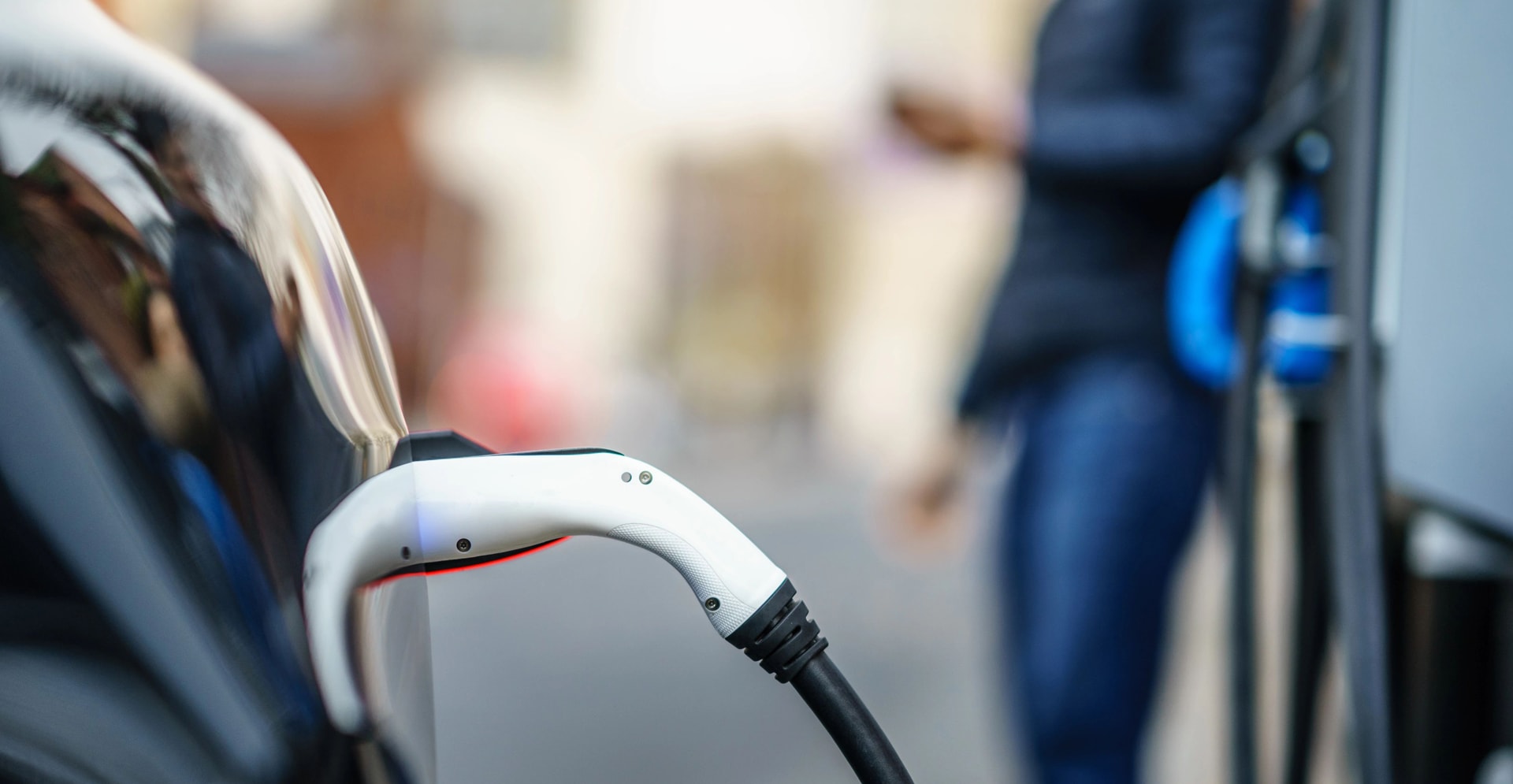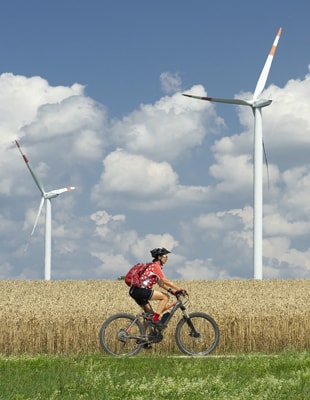Table of Contents
The challenge
A statewide transit agency needed to assess the feasibility of converting its 400-bus fleet and four garages to battery electric bus (BEB) operations, an integral part of its 100% zero-emissions goal.
400
More states are targeting zero emissions goals by electrifying public transit fleets. Battery electric buses (BEBs) are four times more fuel efficient than buses that run on diesel or compressed natural gas, and they hold the potential for lowering long-term operations and maintenance costs.
One statewide transit agency wanted to use BEBs to protect riders and residents, especially those in communities disproportionately affected by climate change, from vehicle pollution. But early talks raised more questions than answers. With more than 400 buses and four large garages to account for, the agency needed a data-driven dive into different BEB conversion scenarios to build an effective plan.
The solution
Using simulations, data analyses and discussions with BEB manufacturers, our experts determined optimal strategies for incorporating charging infrastructure and other key program elements as part of a phased approach.
4
Our feasibility analysis investigated conversions from every angle, with considerations for full and partial electrification. It simulated bus routes and garage operations to consider how BEBs might be affected by weather, route design, driver behavior, peak hour conditions and in-route charging needs. Coordination with BEB manufacturers allowed the team to determine realistic expectations for battery performance under worst case scenarios. Insights from manufacturers also formed the basis of intelligent bus monitoring, bus procurement, and performance-tracking strategies for the BEB program.
The collection of findings allowed the agency to prioritize routes to be electrified. Then, an electric load analysis showed how usage and rates for those routes would vary based on different levels of BEB implementation. Space and implementation analysis based on current operations informed the structural, civil and electrical design updates needed within the garages.
Cost-effectiveness would be crucial to sustaining the program through the agency’s long-term goal: 100% zero-emissions. Since BEBs require unique maintenance and equipment needs to account for, our experts assisted with cost estimating and phasing plans to help the agency optimize capital planning.

The impact
The feasibility studies provided a foundation for a BEB transition strategy that will reduce greenhouse gas emissions and residents’ exposure to vehicle pollution.
With the feasibility studies complete, the agency has its foundation for bus electrification. The phased approach will initially prioritize zero-emission bus use in areas that have bore the brunt of climate impacts from the transportation sector, with a goal for a 100% zero-emissions fleet by 2040. Riders and residents will breathe easier knowing the zero-emissions fleet will drastically reduce greenhouse gas emissions and modernize a crucial link in the mobility network.
Not done reading?
This also might be interesting for you
- Related Projects
- Related Insights
- Related Blogs


